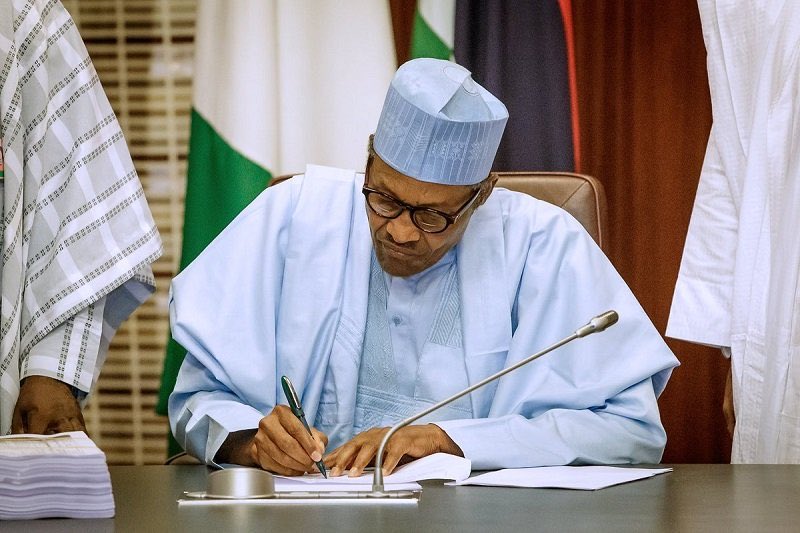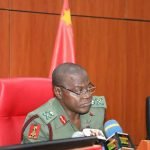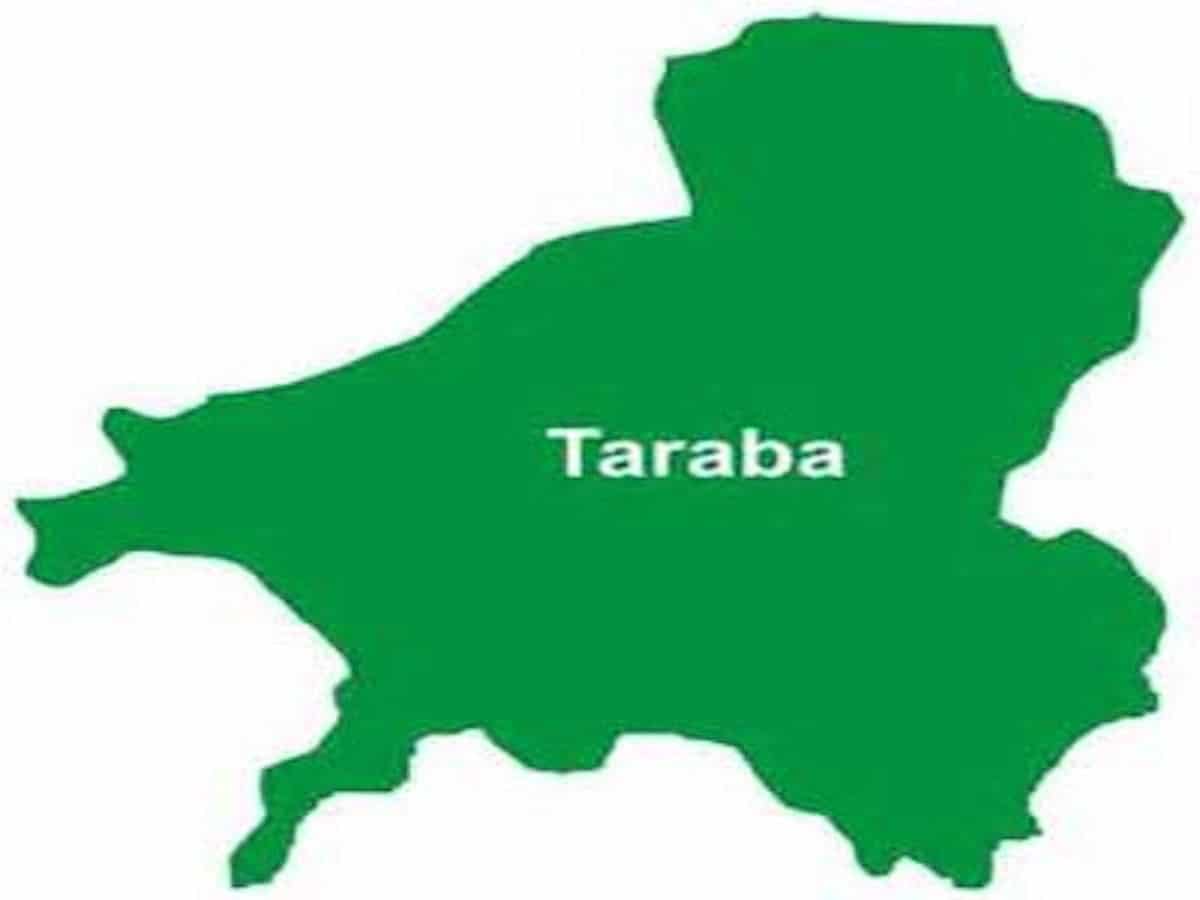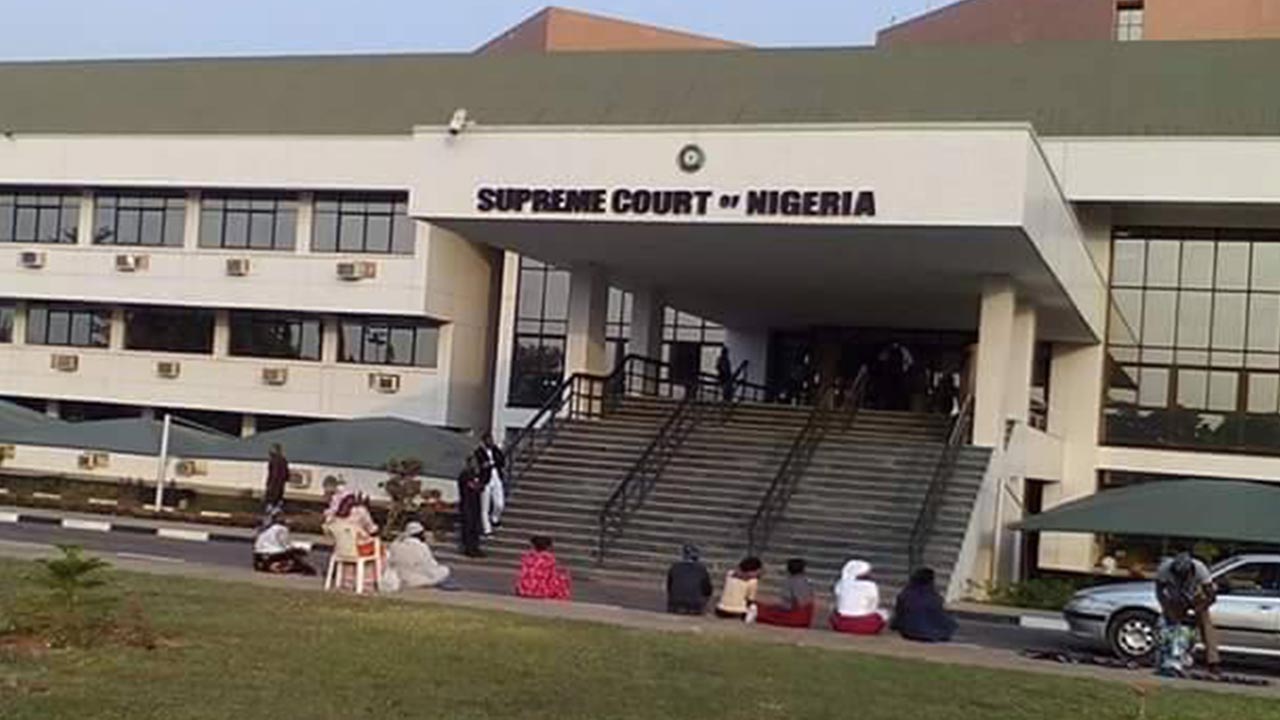President Muhammadu Buhari has again expressed serious concern over the current security challenges facing some parts of the country and will stop at nothing to change the tide.
The National Security Adviser to the President, retired Maj.-Gen. Babagana Monguno, said the president made his feelings known when he summoned emergency meeting of the National Security Council on Thursday in Abuja.
According to him, the meeting deliberated on recent security challenges bedeviling the country and made resolutions to review existing strategies in fighting the scourge.
‘`Today’s meeting was convened by the President as a continuation of the meeting that took place last week to discuss the technical issues and the taskings that were given to the various security agencies.
“The meeting deliberated on all those issues, after the brief by the National Security Adviser, which is usually the procedure.
“Again, Council deems it necessary to inform the general public, that fighting this type of asymmetric conflict is a collective effort. It’s not something that should be confined to only the security, intelligence and law enforcement agencies.
“When we keep saying whole of society approach, whole of government approach, to get a whole of national approach, what it means is that everybody has to partake in this enterprise.’’
According to the NSA, no country can ever overcome the difficulties of an asymmetric conflict by virtue of the fact that the enemy of the state is embedded within the population within the wider society.
“It is true that the local people are averse, they’re scared, they’re worried and there’s no confidence.
“That is understandable. But without their support without the cooperation in terms of giving information, it makes it very hard for the operational elements.
“A few days ago, troops of the guards brigade were ambushed and decimated.
“Had there been a collective effort by way of just snippets of information we might have averted that incident, that is not to say that the responsibility is for those outside the security domain.
“It’s a collective responsibility,’’ he added.
He blamed the media for allegedly tilting their report in favour of the terrorists, saying it was indirectly fueling the resolve of them.
The NSA equally frowned at the utterances of some political elites, including leaders of thought, saying some unguarded utterances were injurious to the society.
“Furthermore, Council is also concerned about the nature of media reporting incidents with regards to insecurity.
“It is important for the media to understand that certain reports being generated by the media, either the way the manner in which they report can also aggravate this delicate situation.
“So Council is urging the media to be very careful in whatever it reports, whatever gets out to the public space, can have a debilitating effect on the population.
“Equally, the political elite is also urged to take into account the consequences of utterances, especially from people who have established a reputation, people who are considered leaders of thought, people who are considered to have some kind of influence in society.
“Whatever goes out, may be harmful, not just to the government, if that is the intention, which I doubt may not be a deliberate thing, but at the end of the day, it will affect the wider society”.
While confirming how the president is reacting to the security situation, Monguno said:
“We are in a very difficult situation. And Council understands. Mr. President understands people’s concerns about the growing insecurity.
“But I can assure you that there’s no straight cut and dried method of dealing with this thing unless all of us embrace each other.
“I know people are weary people are tired people are beginning to gravitate to other places for self-help. The truth is that help is rooted in everyone working for the other person.
“Again, the members of the armed forces have also made a commitment that in the coming weeks they have already started working on a new strategy to deal with these snippets of violence.
“They’ve given their word their commitment to the President, that there will be a change in momentum, regardless of the fact that there might be certain institutional limitations which they face. But they understood the enormity of the responsibilities that they have,’’ he added.
Monguno revealed that the Council had commenced the process of winding up the special investigative panel on the attack on Kuje Correctional Centre.
“The idea is to come up with recommendations, hold those who are supposed to be held accountable for their deeds and to ensure that this type of thing never ever, ever happens again in this country.
“In a nutshell, that was what Council deliberated on,’’ he said.
Others in attendance included the Attorney-General and Minister of Justice, Abubakar Malami; Minister of Interior, Rauf Aregbesola; Minister of Foreign Affairs, Geoffrey Onyema; Minister of Police Affairs, Mohammed Dingyadi and the Minister of Defense, retired Maj-Gen. Bashir Magashi.
The Chief of Defence Staff, Gen. Lucky Irabor, Chief of Army Staff, Lt.-Gen. Farouk Yahaya; Chief of Naval Staff, Vice Admiral Awwal Gambo; the Chief of Air Staff, Air Marshal Isiaka Oladayo Amao; and the Chief of Defense Intelligence, Maj.-Gen. Samuel Adebayo, were also in attendance.
The Inspector-General of Police, Alkali Usman; the Director-General of the Department of State Service (DSS), Yusuf Bichi; and the Director-General of the National Intelligence Agency (NIA), Ahmed Abubakar also attended the meeting. (NAN)






